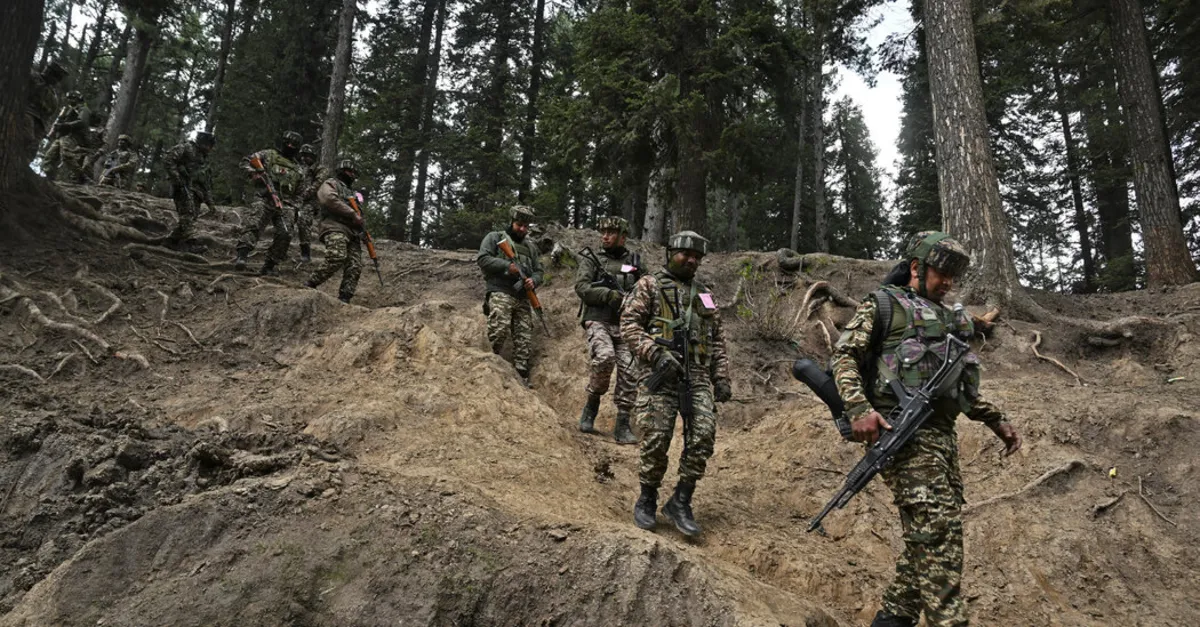
In a significant escalation of tensions, the Indian government has taken decisive actions in the wake of a tragic terrorist attack in Kashmir that claimed the lives of 26 individuals, predominantly Indian citizens. This incident has once again spotlighted the fraught relationship between India and its long-standing adversary, Pakistan. On Wednesday, following the massacre, India indicated a series of punitive measures aimed at countering what it perceives as Pakistan's support for terrorism.
While the Indian government has not officially assigned blame to any specific militant group for this heinous act, it has made it clear that the actions announced were a direct response to Pakistan’s alleged backing of terrorist activities on Indian soil. India’s foreign secretary, Vikram Misri, emphasized the importance of understanding "the cross-border linkages of the terrorist attack," suggesting a deeper connection that implicates Pakistan without naming any particular group.
One of the most significant measures announced by the Indian government was the suspension of its participation in a vital water treaty that has regulated river flows since the 1960s. This treaty is crucial for Pakistan’s irrigation system, and its suspension marks a substantial shift in India’s diplomatic strategy. In addition to this, India has also closed a key land border, further tightening the already strained relations between the two nations.
In a move that underscores the seriousness of the situation, India has downgraded its diplomatic ties with Pakistan. This includes the expulsion of Pakistan’s military advisers from its New Delhi mission, a significant diplomatic snub. Additionally, India is further restricting the already limited visa access for Pakistani citizens, which is likely to affect bilateral relations and people-to-people connections.
The cabinet meeting that led to these critical decisions was chaired by Prime Minister Narendra Modi, as the nation mourned the loss of innocent lives in the picturesque yet troubled Kashmir Valley. Coffins bearing the victims of this atrocity have begun arriving in various parts of India, triggering emotional responses and highlighting the human toll of this tragedy. The government’s actions reflect a commitment to addressing the security concerns that have plagued the region.
As the situation develops, the Indian government’s response to the recent terror attack in Kashmir serves as a reminder of the ongoing challenges posed by cross-border terrorism. The measures taken against Pakistan may signal a new chapter in India's approach to national security and diplomatic relations, underscoring the need for accountability and a robust response to protect its citizens.